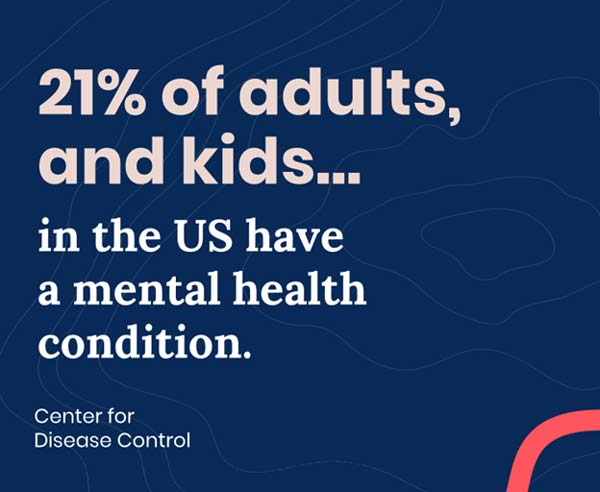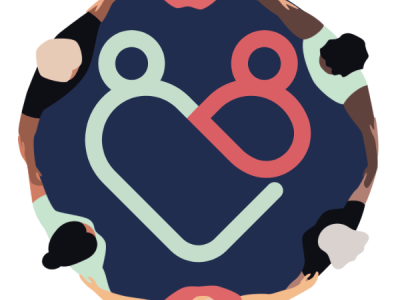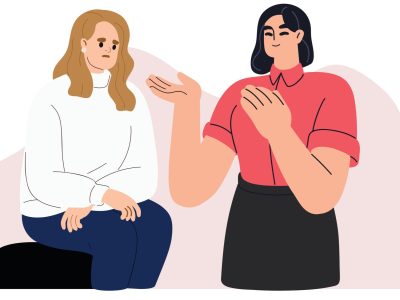Lay counselors are people without mental health degrees or licenses who can provide mental health counseling. Instead of the traditional pathway to become a mental health counselor (a bachelor’s, master’s, and sometimes doctoral degree, then a license), lay counselors learn mental health counseling skills through personal and professional experiences and training. Most lay counselors are also naturally skilled and possess characteristics that make them effective mental health counselors.
What characteristics or qualities make someone a good fit for Lay Counseling?
- A stance of self-reflection and self-awareness.
- A stance of constant striving toward unconditional empathy & equity.
- A commitment to do the ongoing work of identifying and countering our own biases and judgments.
- A commitment and ongoing practice within a deep, dynamic, safe learning community and a robust network of mentors.
- A history of commitment to personal healing and growth, of doing one’s own ‘work.’
- A deep belief that others know what is best for themselves, that helpers are not ‘experts’ on others’ lives.
- A love of connection, communication, and a relational way of being.
- Excellent interpersonal and communication skills.
- A deep capability to hear and hold others’ distress, anger, fear, and other strong or difficult emotions without undue distress, reactivity, or trying to ‘fix’ the other person.
- Humility, curiosity, and a growth mindset, coupled with an openness to learning, feedback, and support.
“by requiring graduate degrees we are inadvertently, with good intentions of ensuring quality control, guaranteeing that many people go without service.” – John C. Norcross, a professor of psychology at University of Scranton
Why do we need Lay Counselors?
Millions of people need mental health care, and there are not enough mental health professionals to meet the need.
The brunt of this shortage is borne by people of color, who have the least access to high-quality mental health care.
Case managers, community health workers, peer specialists, promotoras, and other helping roles developed and deployed over the past decade are not trained to do mental health counseling, leaving a yawning gap between needs and resources.

21% of adults, and kids in the US have a mental health condition, and this figure is only increasing as mental health services become more stretched.
“I’ve had patients tell me directly that it’s [ counseling from lay counselors]been really impactful,” they’ve avoided hospitalization from the skill sets they’re learning.”
“Many people end up never needing to see a therapist” “And then the people who do need that higher level of specialty care can get in quicker.” – Dr. Mishra Chief Behavioral Health Officer at San Ysidro Health mentioned in a recent article from STATNews
Is it effective? Safe? Legal? Ethical?
Yes, yes, yes and yes!
Effectiveness:
Research demonstrates lay counselor’s effectiveness when compared with licensed clinicians. We have data from our team that shows the same!
Safety:
The safety is in choosing the right-fit people. Selecting people with high humility and self-awareness and providing regular clinical supervision, support, and ongoing learning ensures safety. We believe it is more unsafe for organizations to have case managers, CHWs, SUD counselors, and peers working with patients when they do NOT have training in mental health counseling.
Legality:
Mental health counseling strategies, such as motivational interviewing, CBT, and supportive counseling, are not license-dependent. Further, the primary driver of effective counseling is the therapeutic alliance, which is also not dependent on having a license.
Ethics
We believe it is deeply ethical to deploy highly skilled, trained, and supervised mental health counselors when our country is in a mental health crisis, and our human service organizations have suffering people languishing on waiting lists.
How can I get my staff trained to do Lay Counseling?
Reach out to us! Take a look at The Lay Counselor Academy for more details and information.




